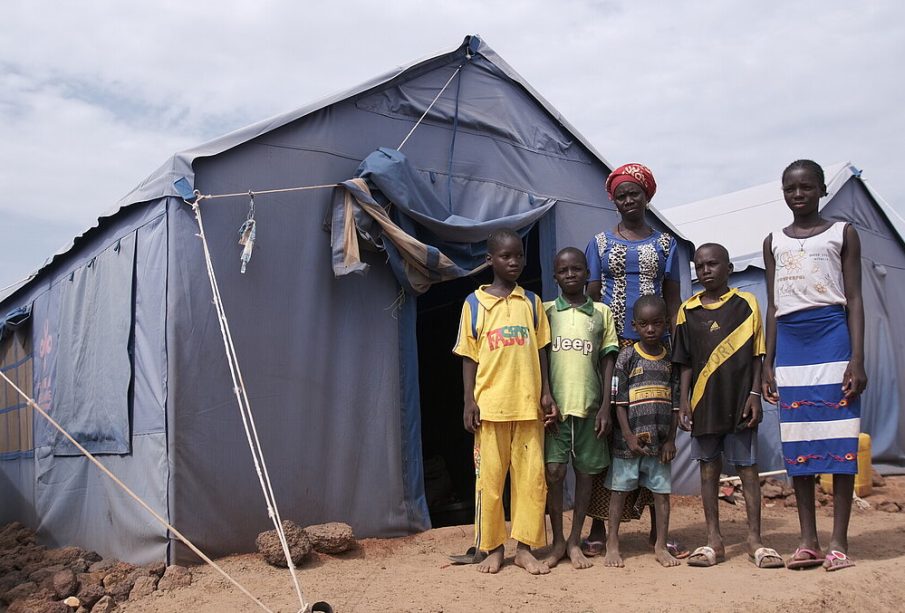Burkina Faso: An Overview of Recent Events

Introduction
Burkina Faso, a landlocked nation in West Africa, has been experiencing a tumultuous period marked by political instability, security challenges, and humanitarian crises. The importance of Burkina Faso lies not only in its rich cultural heritage but also in its geopolitical significance in a region facing various threats such as terrorism and climate change. Understanding the current situation in Burkina Faso is crucial for comprehending the broader challenges in the Sahel region.
Current Situation and Challenges
In recent months, Burkina Faso has witnessed a surge in violence, particularly from extremist groups linked to al-Qaeda and the Islamic State. The government’s struggle to maintain security has resulted in widespread displacement, with over 1.5 million people forced to flee their homes due to ongoing conflict. Reports indicate that the security forces are engaged in efforts to regain control over territories frequently targeted by insurgents, which have left communities vulnerable and disrupted local economies.
In addition to security concerns, Burkina Faso is grappling with significant humanitarian challenges. The country has been affected by severe food insecurity, worsened by poor rainfall and climatic factors that have devastated agricultural production. According to the World Food Programme, approximately 3.5 million people are expected to face acute food shortages this year. International aid is crucial at this juncture, as local communities struggle to meet their basic needs.
Recent Political Developments
Politically, Burkina Faso has seen a series of coups since 2022, with the military ousting the previous civilian government, citing the need for action against the escalating violence. The transitional government faces immense pressure to restore security and ensure the welfare of its citizens. Analysts suggest that the military leadership must navigate a delicate balance between maintaining order and addressing the citizens’ demands for democracy and improved living conditions.
International Response and Support
The international community has been closely monitoring the situation in Burkina Faso, with various organisations and countries pledging support. France, along with the Economic Community of West African States (ECOWAS), has engaged in dialogues to assist in stabilising the country. Humanitarian organisations are also ramping up efforts to provide food aid, medical care, and support to internally displaced persons.
Conclusion
As Burkina Faso confronts multifaceted challenges, the path forward remains uncertain. The interplay between security, humanitarian needs, and political stability will significantly shape the future of the nation. Continued international assistance and a commitment to addressing the root causes of instability will be essential for Burkina Faso to find a way towards peace and development. For the citizens of Burkina Faso, overcoming these significant hurdles will determine the prospects of a more secure and prosperous future.









